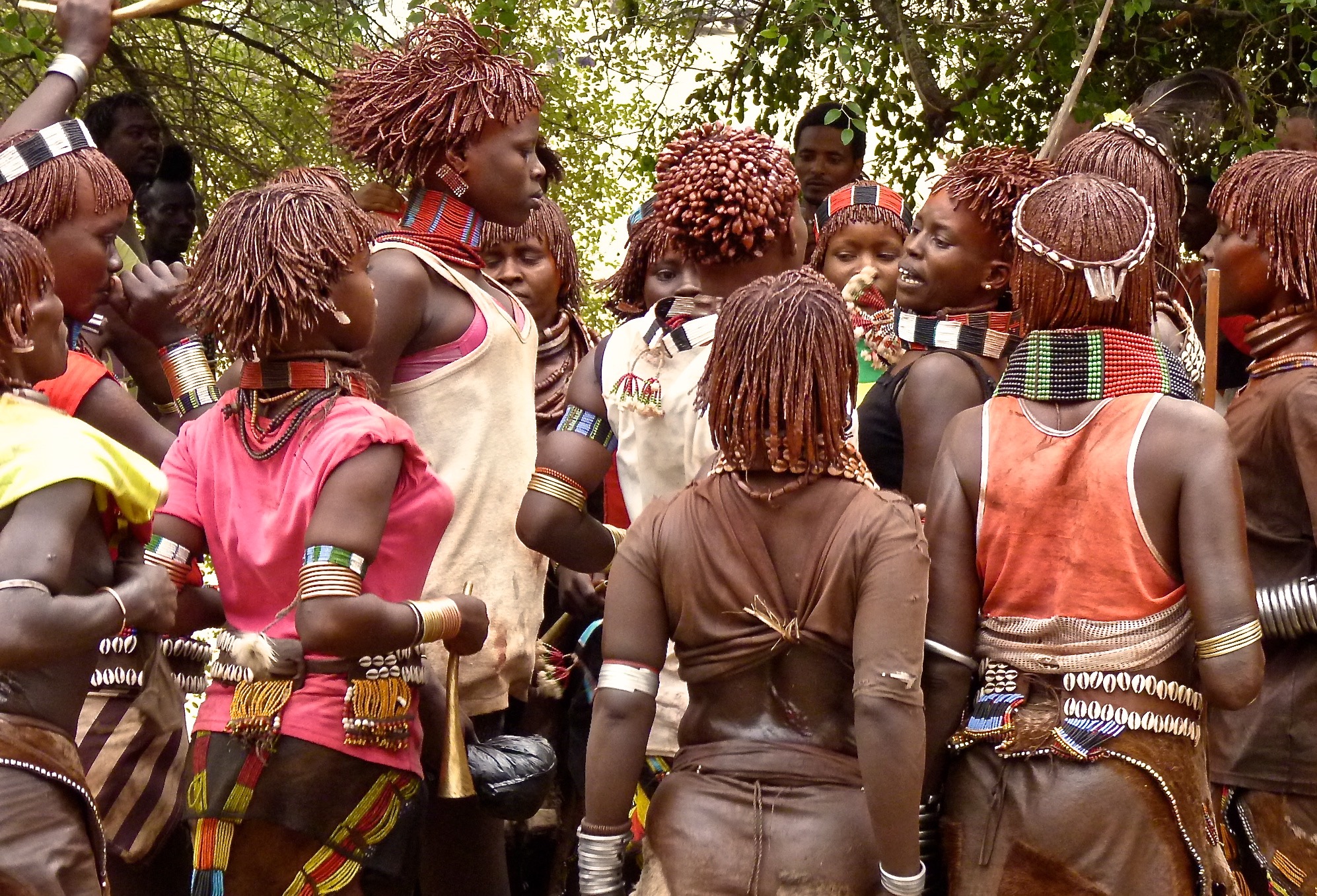
Tracks Safaris is committed to the concept of responsible tourism both in the UK and overseas. The very concept of responsible tourism is vast and has many interpretations – we believe that tourism should be beneficial to the host communities we visit if we take time to understand their culture, heritage, traditions and environment before travelling.
We can only make suggestions and we hope that you, our clients, will help us in our quest. Please ask if you require further information on any destination or topic before you travel. We value any feedback or suggestions you have either before or after your visit.
Tourism can definitely benefit host communities!
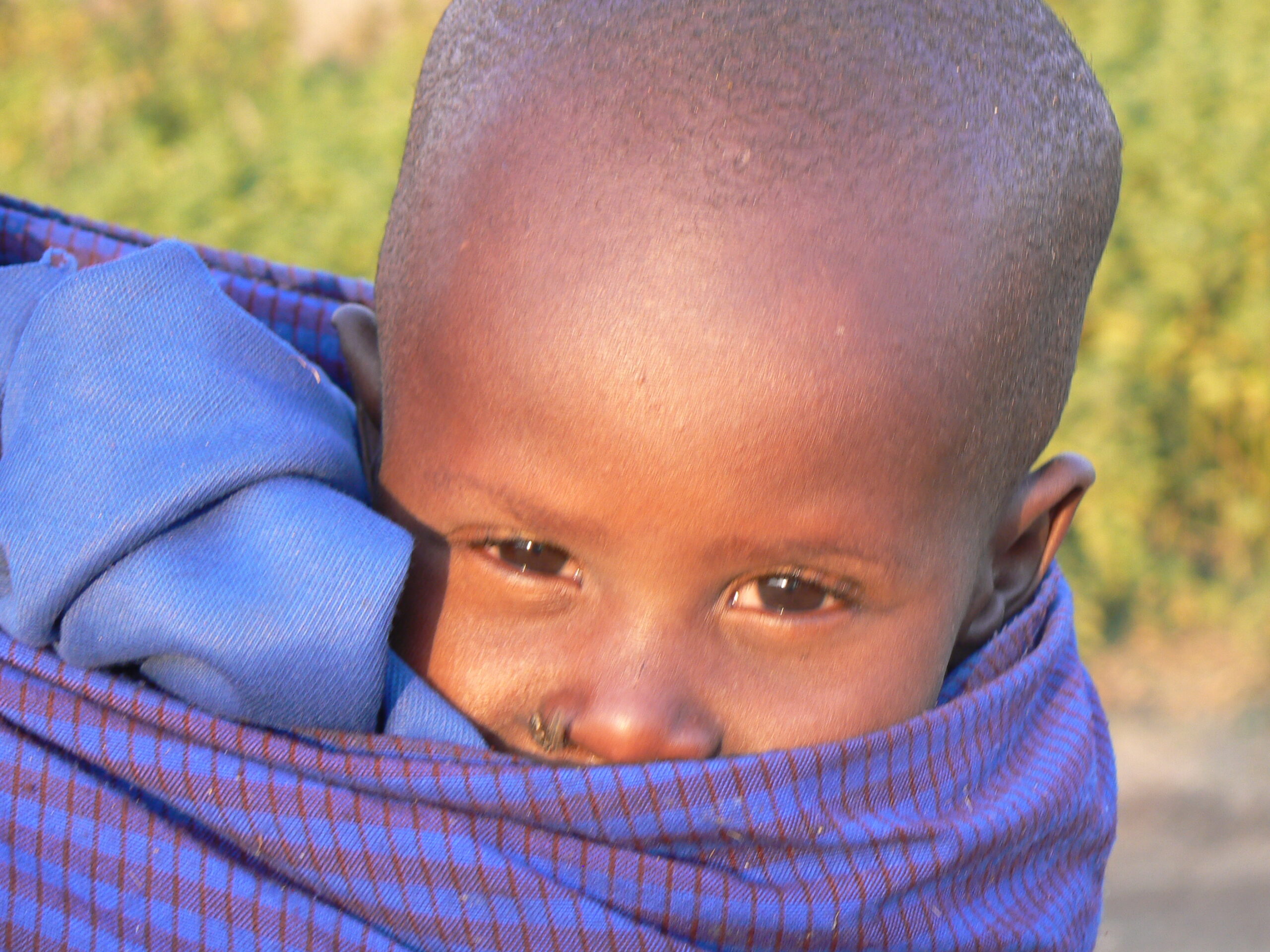

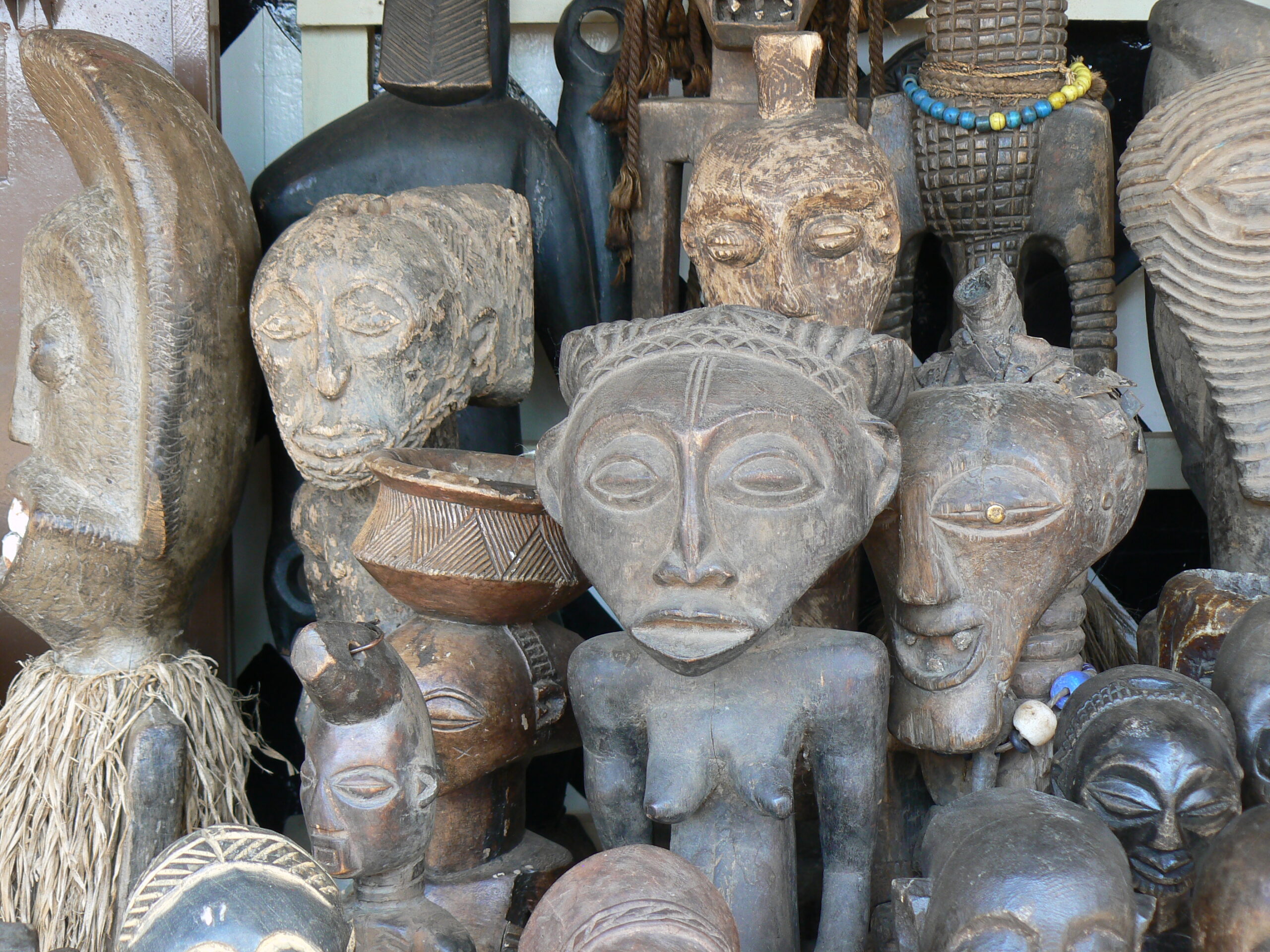
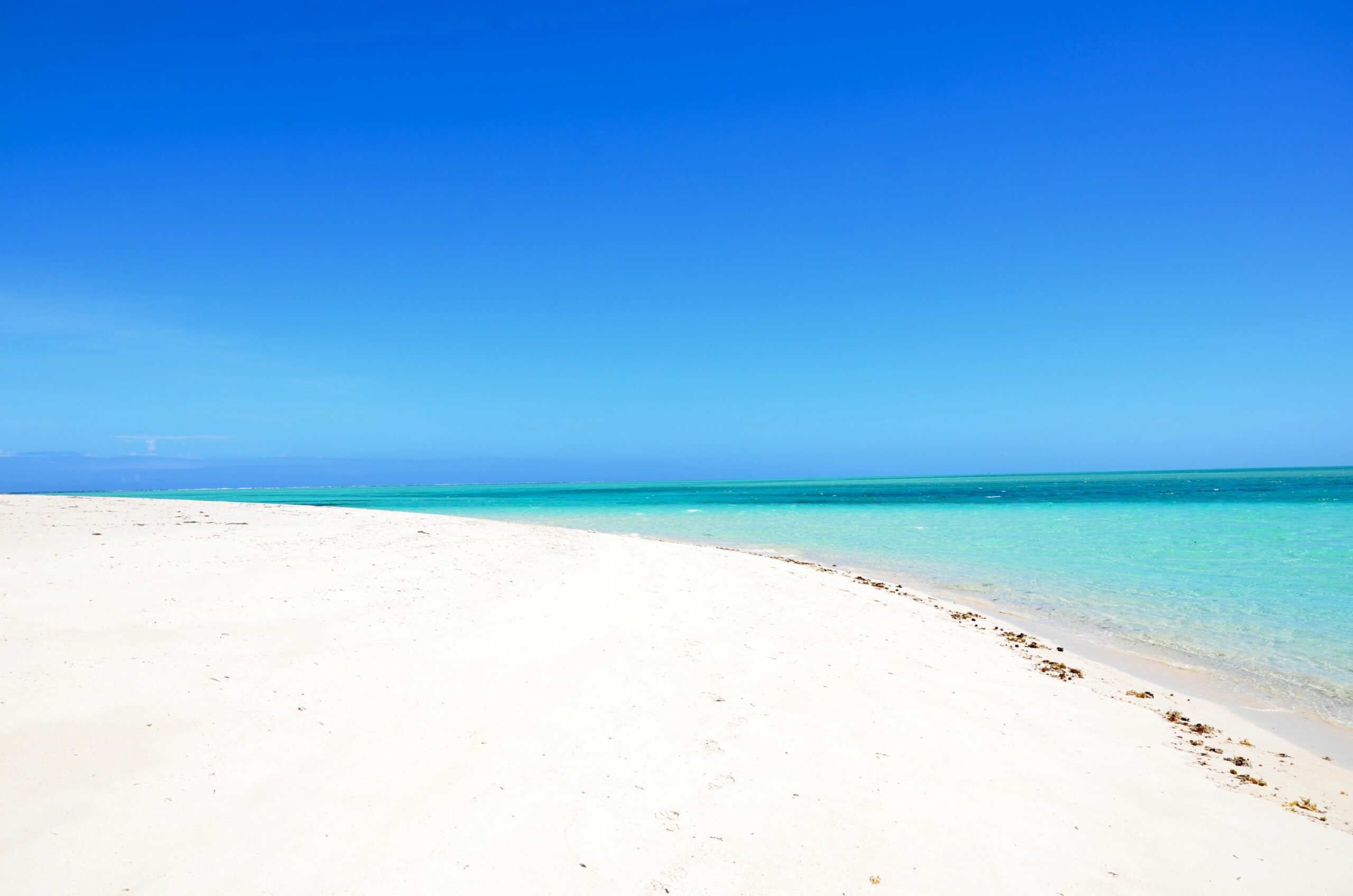
Wide Choice
In the UK
Before Travel
Social Policy
Positive Impact
Photographs
Language
Begging and Tipping
Environmental Policy
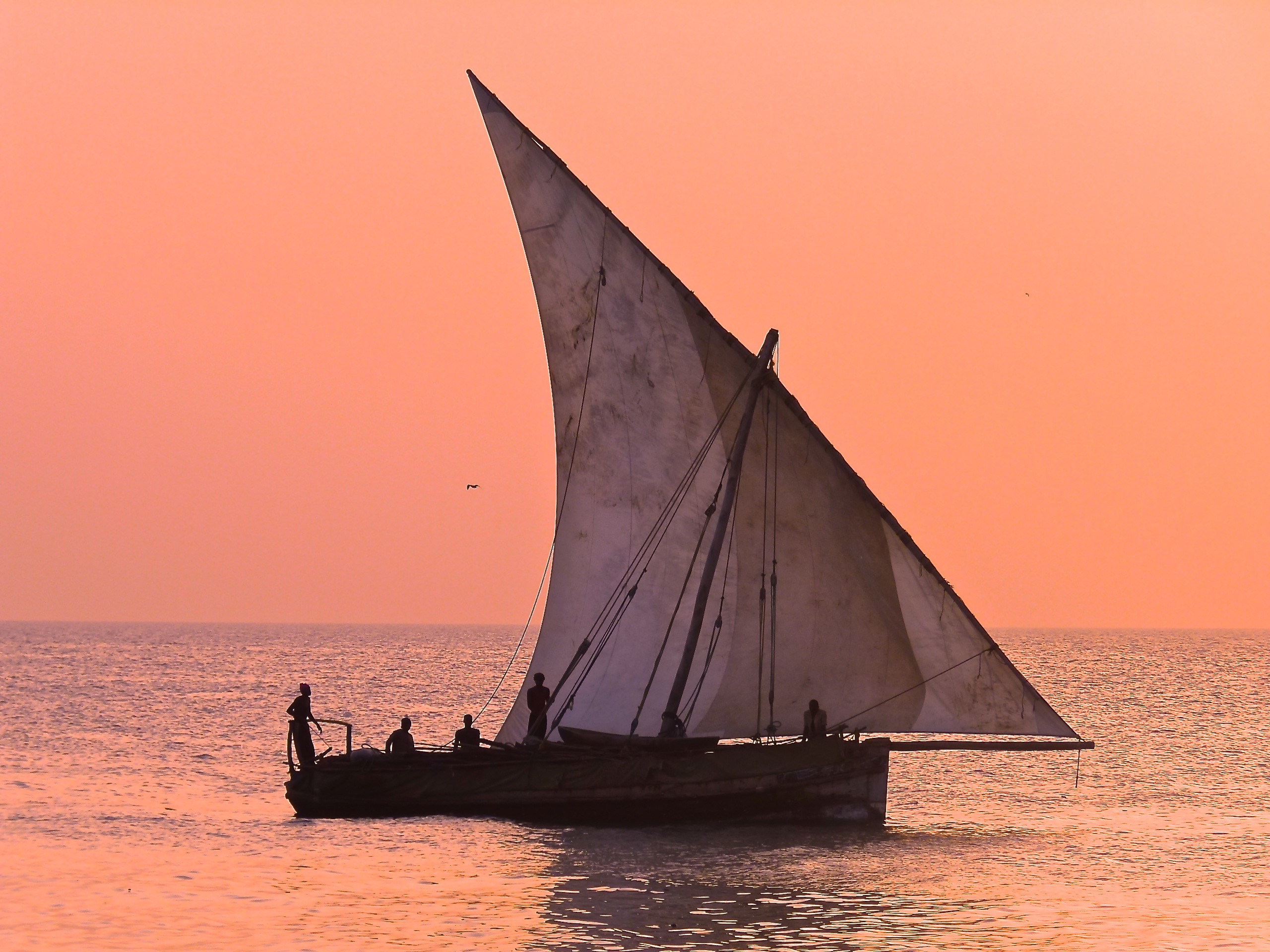

Ensuring our ground agents have an effective environmental policy in place and ask for evidence not only of the policy but how it is implemented. We support local conservation projects in destinations and encourage our clients to visit during their trip.
We ask that you check before you buy products or souvenirs made from endangered species, coral or ancient artefacts – your local guide will be able to advise further whilst on holiday.
Limit environmental damage to land and underwater ecosystems – for example, dispose of any surplus packaging before travel as host countries may not have the resources to recycle, do not pick wild flowers or plants and always stick to roads or tracks in environmentally sensitive areas such as national parks. In marine parks, be careful not to tread on or touch corals and avoid the temptation to take corals and shells home
In many areas we visit water can be a scarce commodity with local people living with a very low usage of water per day as water is simply just not available due to droughts or it has be carried long distances. Your local guides will inform you of any areas this applied to. Limit the amount of water you use whilst bathing or showering. Small acts such as turning of lights and air-conditioner whilst out of your hotel accommodation goes a long way towards easing the burden on the environment.
Economic Policy


